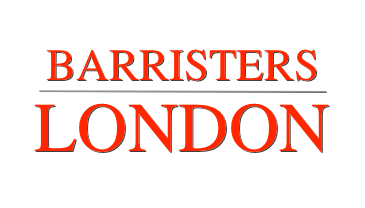Bullying and Discriminatory Behaviour by Professionals
Regulators operate a zero-tolerance policy to bullying or discriminatory behaviour in the workplace. This type of conduct can have a detrimental effect on an employee’s performance. Everybody has a right to be treated with dignity and respect at work.
Bullying is a more general form of harassment that is not based on race, sex or any other equality characteristic. As with harassment it can be defined as words, actions or other conduct which ridicules, intimidates or threatens and affects individual dignity and well-being. It is generally behaviour that can be identified as a misuse of power. [see by way of example the GMC, Dignity at Work guidance, March 2019. Other regulators have similar publications.].
Harassment can be any unwanted attention or behaviour due to a protected characteristic that a person finds objectionable or offensive, and which makes them feel threatened or uncomfortable, leading to a loss of dignity or self-respect. It may be persistent or an isolated incident. [GMC, Dignity at Work, March 2019. See your own regulator’s or employer’s policy, as well].
Harassment and/or bullying does not necessarily have to be an intentional effort to cause distress or hurt, it depends on the impact that it has on the recipient.
Examples of where there may be harassment or bullying are such areas as sex, race, disability, religion, sexual orientation or age.
In the case of Council for Healthcare Regulatory Excellence v (1) NMC (2) Paula Grant) [2011] EWHC 927 (Admin), Paula Grant was said to be a midwife whose conduct (amongst other conduct matters) towards a junior colleague – who was still undergoing her training – was found to amount to bullying and harassment over a period of almost 12 months, and to have involved threatening and aggressive behaviour. [p98] The appeal court later concluded that the NMC Committee’s decision to find the midwife not impaired (and therefore fit to practise) was manifestly inappropriate. The case was remitted for sanction. The case demonstrates the types of behabvour that may come in for regulatory censure.
If you are a professional facing allegations of bullying and harassment, or discriminatory conduct against colleagues, clients or others, contact Barristers.London without obligation and in strict confidence to discuss our legal advice and representation services. Our fees are competitve.
Back to Regulatory and Disciplinary Law Page

Request a
Enquiries
